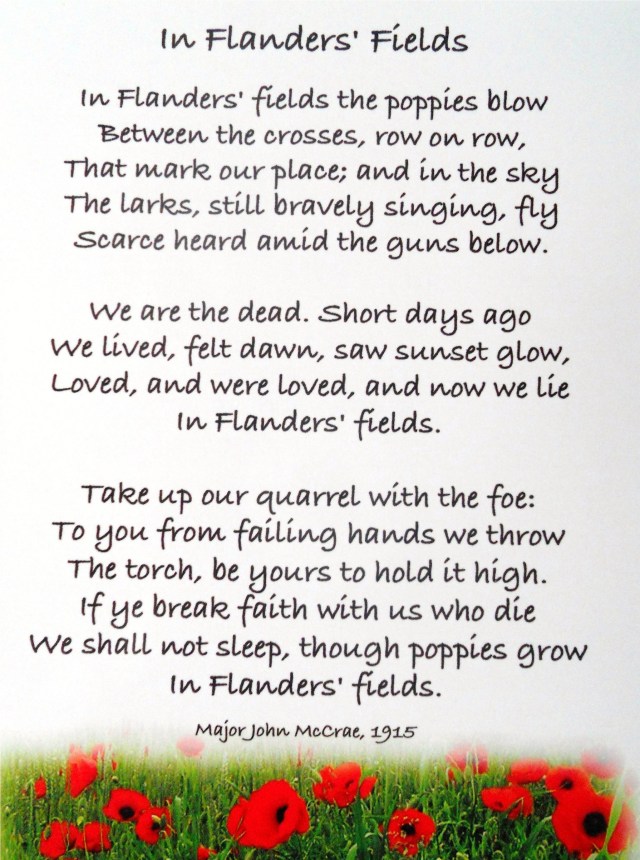Today marks one hundred years since the start of the Battle of the Somme, one of the most notorious events of World War One. The Somme is a river in France and its name comes from the Celtic word for tranquility. But it became one of the fiercest, bloodiest and muddiest battles in human history on 1st Jury 1916. On this single day, one hundred years ago, the British Expeditionary Forces (BEF) sustained over 57,000 casualties. Just two years earlier, when war against Germany was waged, the BEF consisted of 710,000 men. Conscription had been introduced less than six months earlier, January 1916, in a desperate attempt to fill the massive void caused by the brutal trench warfare being fought on the ground throughout Europe. South African troops in particular were drafted in for this planned offensive.
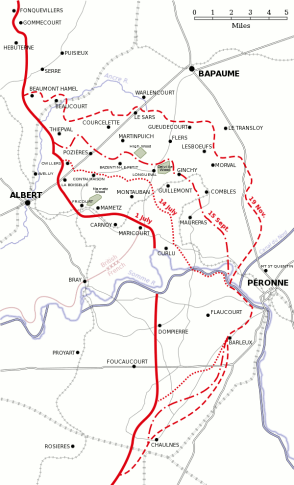 Few people in the world today were alive on 1st July 1916, but the impact of this day sent shockwaves through England and continues to be something widely taught in schools because of the repercussions on society as a whole. The Battle of the Somme raged for five months, turning a tiny strip of land in France, barely fifteen miles long, into a muddy, bloody, quagmire. Although the offensive push was precluded by days of heavy artillery fire, the barbed defences of the deeply entrenched Germans were impenetrable and as the British and South African soldiers poured over the lip of their “safe” trenches and into No Man’s Land, they were systematically gunned down as they attempted to advance. There were tiny victories, snatching a few metres here and there as they advanced depressingly slowly towards the well-dug-in Germans. After 141 days of endless fighting on both sides, there was little alive left on the landscape and well over one million men had been killed. An average of four miles had been gained. Villages and farms had be razed to the ground.
Few people in the world today were alive on 1st July 1916, but the impact of this day sent shockwaves through England and continues to be something widely taught in schools because of the repercussions on society as a whole. The Battle of the Somme raged for five months, turning a tiny strip of land in France, barely fifteen miles long, into a muddy, bloody, quagmire. Although the offensive push was precluded by days of heavy artillery fire, the barbed defences of the deeply entrenched Germans were impenetrable and as the British and South African soldiers poured over the lip of their “safe” trenches and into No Man’s Land, they were systematically gunned down as they attempted to advance. There were tiny victories, snatching a few metres here and there as they advanced depressingly slowly towards the well-dug-in Germans. After 141 days of endless fighting on both sides, there was little alive left on the landscape and well over one million men had been killed. An average of four miles had been gained. Villages and farms had be razed to the ground.
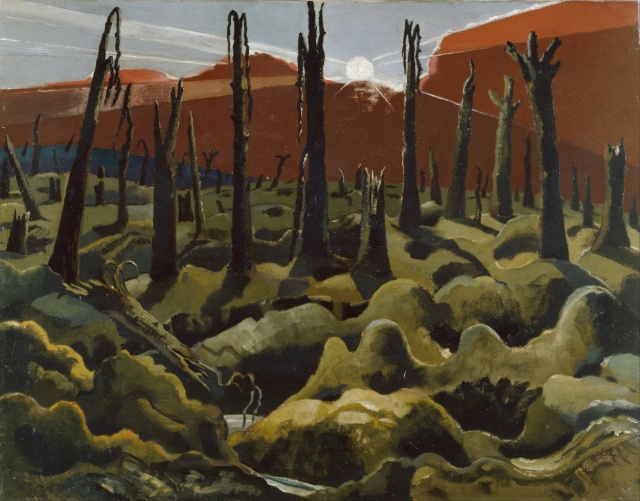
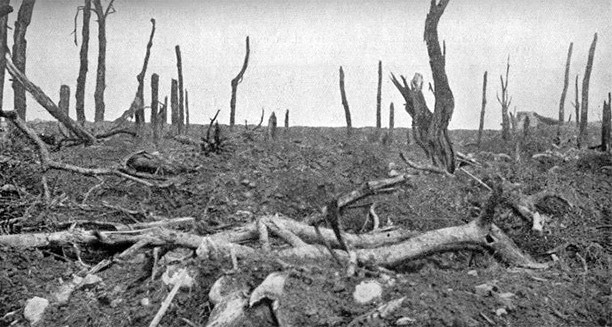
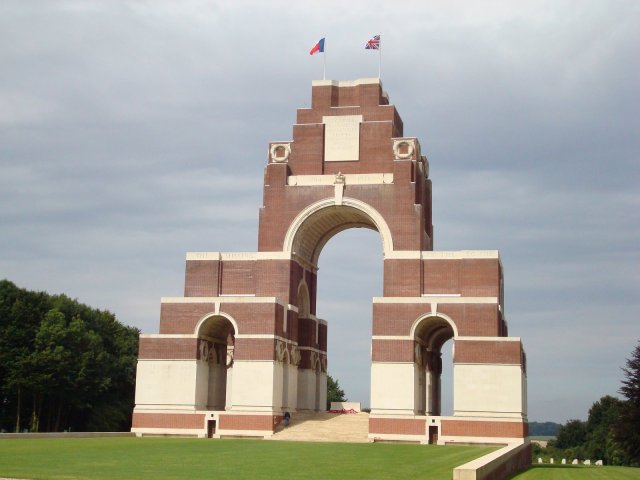
We must never forget what happened that day, nor every other day during both World War One and World War Two. The Great War was the war to end all wars and yet just twenty-one years later Europe was divided again. Why? Had the painful memories of loss, death, and destruction really faded that fast? And what can we do to ensure future generations don’t forget either? The truth is, people hadn’t forgotten. People didn’t want a war; they knew what it would mean. But the movement of Hitler and the Nazis on the continent forced Britain’s and her Allies’ hands. We declared war when we were only just beginning to heal from the devastating effects of the last bloody battle. Britain didn’t want war. It wanted peace and unity.
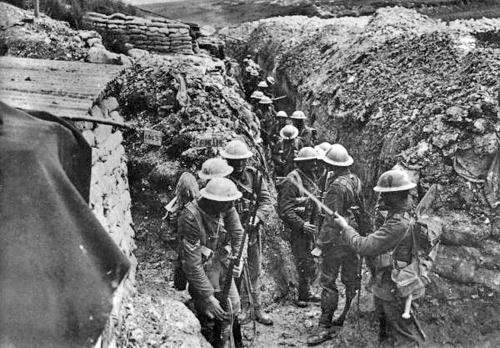
Lest we forget.
